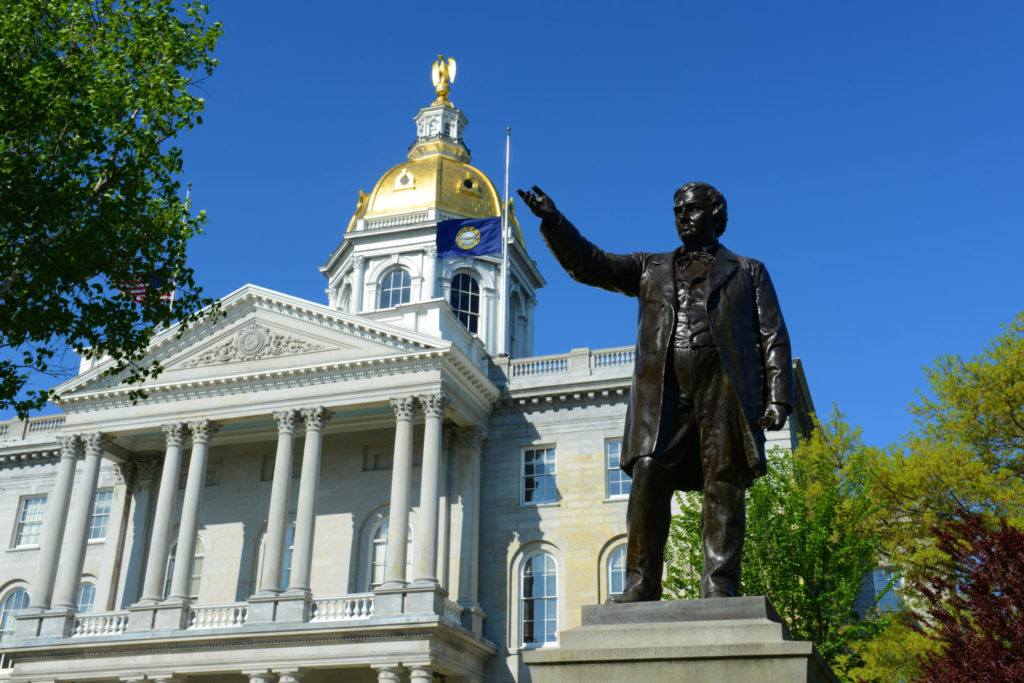New Hampshire bill would remove K-12 exemptions from obscenity laws
A New Hampshire House measure would prohibit K-12 schools from providing or distributing obscene materials, while allowing institutions of higher education to retain their immunity.
“This bill has…

A New Hampshire House measure would prohibit K-12 schools from providing or distributing obscene materials, while allowing institutions of higher education to retain their immunity.
“This bill has been referred to in some places as banning books, but that’s not the intent of this bill,” explained Rep. Glenn Cordelli, R-Carroll, the bill’s primary sponsor.
“I’m submitting this bill because I realized that our state obscenity laws exclude education,” he said. “And I don’t think that that contributes to having schools as a welcoming environment, a safe environment for our children.”
Conservative education advocate Ann Marie Banfield said the bill would help parents target graphic novels and other books that contain sexual illustrations and imagery.
“If an adult outside of a school were showing a child those images, we’d be going, ‘OK, I need to alert the authorities,’” Banfield argued.
Under New Hampshire law, materials are considered obscene if they depict or describe “sexual conduct in a manner so explicit as to be patently offensive,” and have no “serious literary, artistic, political, or scientific value.”
With such subjective criteria, Cordelli believes K-12 schools should err on the side of caution.
The bill would also require New Hampshire school boards to adopt complaint resolution policies detailing how parents can challenge school materials they believe to be obscene. Currently, school boards voluntarily process complaints with no uniform definitions or requirements.
The system requires clarification because attempts to remove books from public libraries have grown in recent years, according to the American Library Association (ALA).
However, opponents decried the bill as “book banning,” claiming it also targets vulnerable gender minorities.
Supporters emphasize that only the subject matter is relevant, not the identities of the authors or potential readers.
The bill has yet to be approved in the House.



